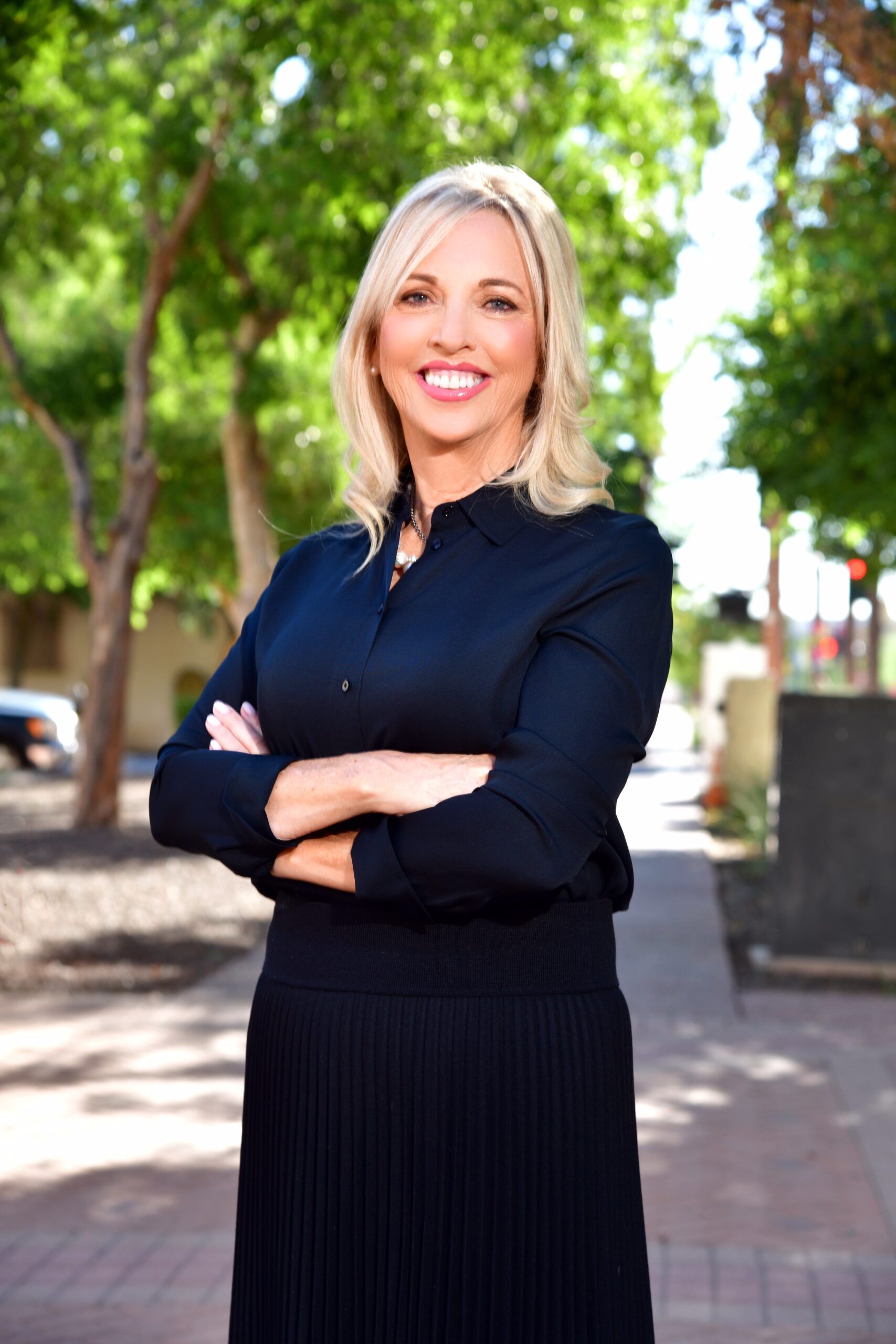By Jordan Gerard and Shelby Tuttle
The Arizona Super Bowl Host Committee wants to make Super Bowl LVII the “greenest Super Bowl ever,” with a goal for positive, longitudinal impact in the Phoenix community.
With just days to go until the Big Game, the committee has focused on four main sustainability areas in planning the event for more than 18 months: education, greening projects, waste diversion, and material and food recovery. The committee kicked off NFL Green Week on January 21 with a clean-up of the Lower Salt River. More than 500 volunteers focused on cleaning debris from the riverbed and banks, while military veteran divers with FORCE BLUE removed over 500 invasive apple snails. NFL Green also planted nearly 100 low-water usage trees in the state.
Committee President and CEO Jay Parry notes that while committee efforts are paramount, the indelible effect of the week-long events surrounding the Super Bowl and the game itself will take place through public educational efforts on how to live more sustainably. “We want to make sure people are aware of efforts they can continue in their daily lives, because that is where the long-term impact happens,” Parry said.
The public will be encouraged to bring reusable water bottles and can make a positive impact by doing their part. These efforts include reducing consumption of single-use plastics and being aware of personal waste, in addition to disposing of waste correctly through landfill, recycling, or composting bins that will be available throughout downtown Phoenix, Parry said.
“Working with our partners and stakeholders, we know [the] environment and sustainability [are] incredibly important not just in Arizona, but around the world,” she said.
The NFL estimates a typical event generates 35 tons of waste, with a Super Bowl event generating 50% more. Parry adds that materials used in the events – from the game turf and lumber for various stages and structures, to pole banners and vinyl decor – will be repurposed in some way. City of Phoenix resources, like a state-of-the-art compost facility and packager machine (one of only three of its kind in the nation), will also come into play. All of these efforts will count toward a waste diversion goal of 92% this year. As a comparison, in 2015 – the last time Arizona hosted the Big Game – the goal was 73%. Parry is confident that goal will be met thanks to the programs her team has put in place.

In addition to these efforts, the committee is also working with local food banks and agencies to get leftover food to those who need it, and partnered with Mesa company ElectraMeccanica in January to reduce the environmental impact of official host committee business as it’s conducted around the Valley. ElectraMeccanica presented the committee with 10 custom-wrapped, all-electric SOLOS to help employees and volunteers easily navigate crowded city streets and limited parking options, while saving on fuel costs and reducing carbon emissions.
Additionally, the host committee has been hard at work providing grants for various local nonprofit organizations, including Ability 360, which received funding for a new truck and trailer that will transport adaptive sporting equipment to its clients around the Valley, and also to Vitalant, which received a donation for a mobile blood donation unit. For more information on Super Bowl Host Committee events and efforts, visit azsuperbowl.com/.






